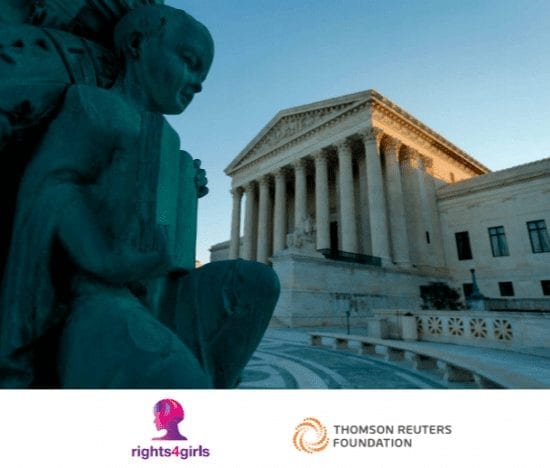
Survivor Protection: Reducing the Risk of Trauma to Child Sex Trafficking Victims
Domestic child sex trafficking is a persistent problem in the United States. Under federal law, child sex trafficking occurs any time a minor under the age of eighteen is induced to perform a commercial sex act. Historically, domestic victims have received gravely insufficient protection and support due to a lack of awareness about domestic trafficking and the hidden nature of this crime. When information about human trafficking first gained traction in the United States, it was commonly believed that sex trafficking victims in the U.S. were primarily foreign nationals. However, according to the U.S. Department of Justice, from January 2008 to June 2010, eighty-three percent of confirmed sex trafficking victims identified in the United States were U.S. citizens, and approximately fifty-four percent were minors under the age of eighteen. Despite these children being subjected to violence, manipulation, and torture, the public still viewed victims of domestic child sex trafficking as criminals willingly engaged in prostitution, rather than as victims of violence and exploitation.
The scope and landscape of protections for survivors of child sex trafficking is broad, but ensuring protections during human trafficking prosecutions is an area that has received little attention outside of victim advocacy spaces. The goal of this paper is to describe the legal framework that justifies extending courtroom protections that are offered to other victim witnesses to survivors of child sex trafficking testifying in criminal prosecutions. We encourage all systems officials working with this population, including judges, legislators, prosecutors, defense attorneys, and victim advocates to use the information provided to ensure that victims of child sex trafficking are afforded necessary protections, services, and support during trial. In doing so, the strength and success of prosecutions may improve. Most importantly, prioritizing the psychological, emotional, and physical protection of victim witnesses will bring us one step closer to achieving justice on behalf of survivors.
